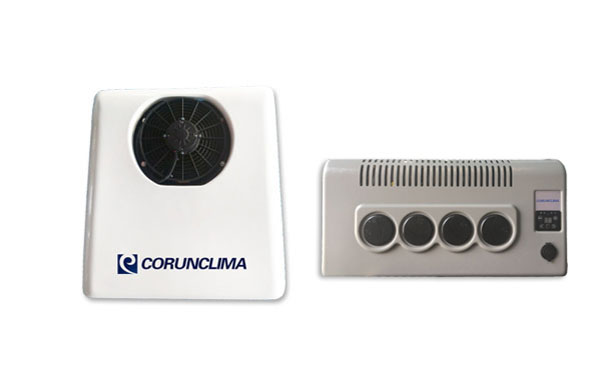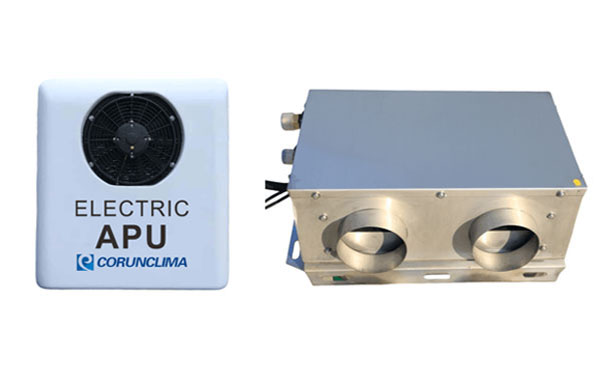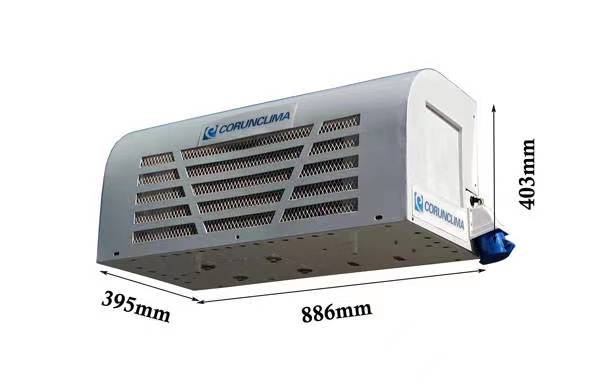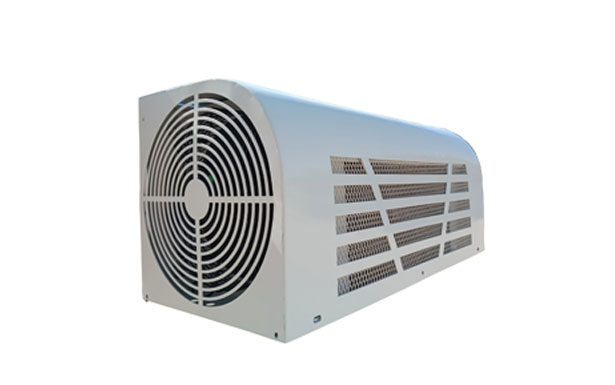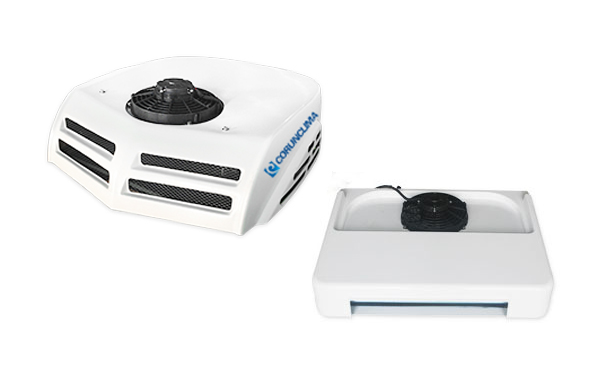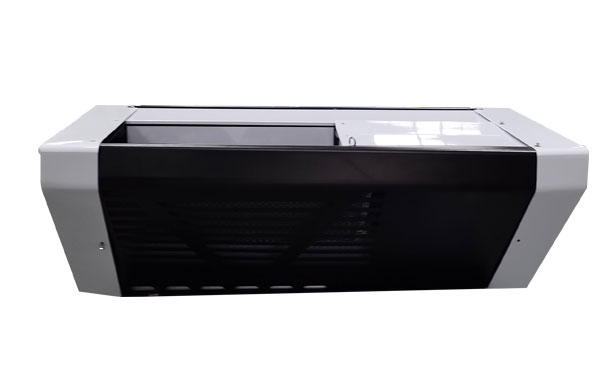What Reasons May Damage The Compressor?(1)
Author:Corun Date:2020/03/13
In light of today’s need for more energy-efficient refrigeration, air conditioning, and heat pump systems, we find refrigerant control becoming a more important factor in gaining reliability.
The resultant reduction in compression ratio, calling for larger condensers and larger refrigerant charges, all point to the need to re-emphasize refrigerant control; one of the major causes of compressor failure is damage caused by liquid refrigerant entering the compressor in excessive quantities.
Regardless of the design, there are limits to the amount of liquid a compressor can handle; these limits depend on factors such as the internal free volume of the compressor, oil charge, type of system and controls, and normal operating conditions.
Proper control of liquid refrigerant is an application problem, and largely beyond the control of the compressor manufacturer.
The potential hazard increases with size of the refrigerant charge and usually the cause of the damage can be traced to one or more of the following:
Excessive refrigerant charge;
Frosted evaporator;
Dirty or plugged evaporator filters;
Failure of evaporator fan or fan motor;
Incorrect capillary tube selection;
Incorrect selection or adjustment of expansion valves; and/or
Refrigerant migration.
TAG: Compressor air conditioning
.png)





